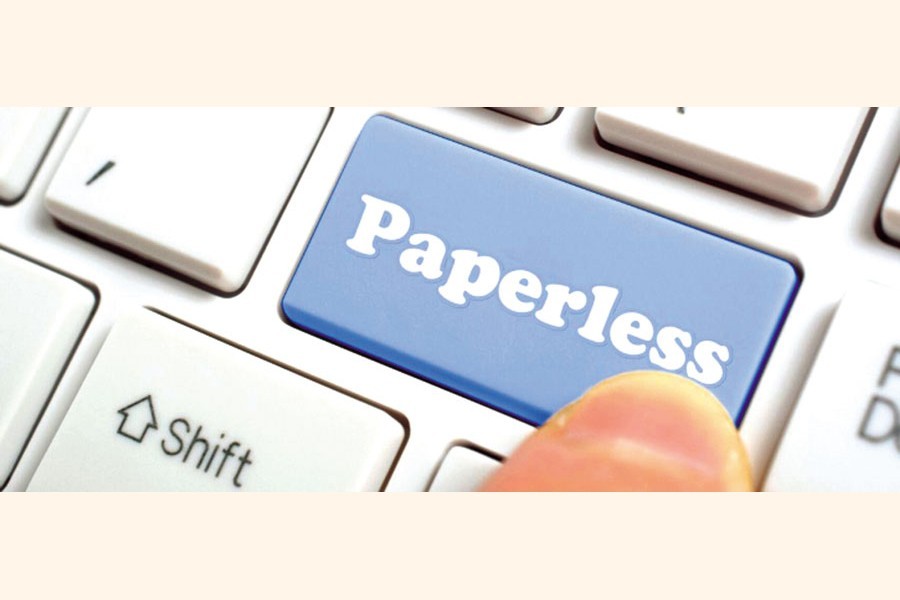Bangladesh has ranked 119th among 193 countries in the UN E-Government Development Index (EGDI) 2020, according to a new report.
Earlier, the country held a similar position in the EGDI published in 2018.
Bangladesh, however, emerged as one of the leaders in e-government development among the LDCs, according to the latest report.
In South Asia, Sri Lanka has ranked 85th in the latest report while India 100th, Bhutan 103rd, Nepal 132nd, Myanmar 146th and Pakistan 153rd.
The UN report said that three least developed countries (LDCs) in Southern Asia-Bangladesh, Bhutan and Cambodia-moved from the middle EGDI group in 2018 to the high EGDI group in 2020 and were working on different e-government initiatives to improve efficiency and capacity in public services delivery.
Earlier, the UN EGDI tracked only the e-government development but later included the elements of digital government development of the member states by ranking them across three distinct indicators - Online Services Index (OSI), Human Capital Index (HCI) and Telecommunication Infrastructure Index (TII).
In Bangladesh, according to the report, success in advancing the country's e-government development has largely derived from strengthening the online connectivity of the public sector, online services delivery, and investments in the digital literacy of public sector employees.
In the past few years, Bangladesh has worked on unifying 46,000 virtual government offices and providing information and government services nimbly and efficiently, it mentioned.
Bangladesh has also invested in developing e-literacy and ICT skills among public sector employees and providing continuous learning opportunities through government-created open-learning-platform training in digital and professional skills.
By 2020, nearly all employees of the central government had access to the internet and could use ICT tools in their daily work, the UN report noted.
It also noted that the country operates an exclusive portal to educate teenagers in science and technology to further expand digital literacy within the country.
The report said the Ministry of Health in Bangladesh has undertaken an initiative to develop e-health data standards and an interoperability framework for the database systems that have been or will be developed, benefiting not just the Ministry and other government agencies but also development partners, the private sector and civil society organisations.
"Bangladesh and some other low income countries including Pakistan and the United Republic of Tanzania are particularly worthy of note for their impressive advancements in online services provision despite having middle or low levels of infrastructure development," the report said.
In 2009, Bangladesh adopted the national digital Bangladesh strategy, which aims to transform the country into a digitally developed nation by 2021 through ICT integration in support of good governance, law enforcement, employment and growth.


